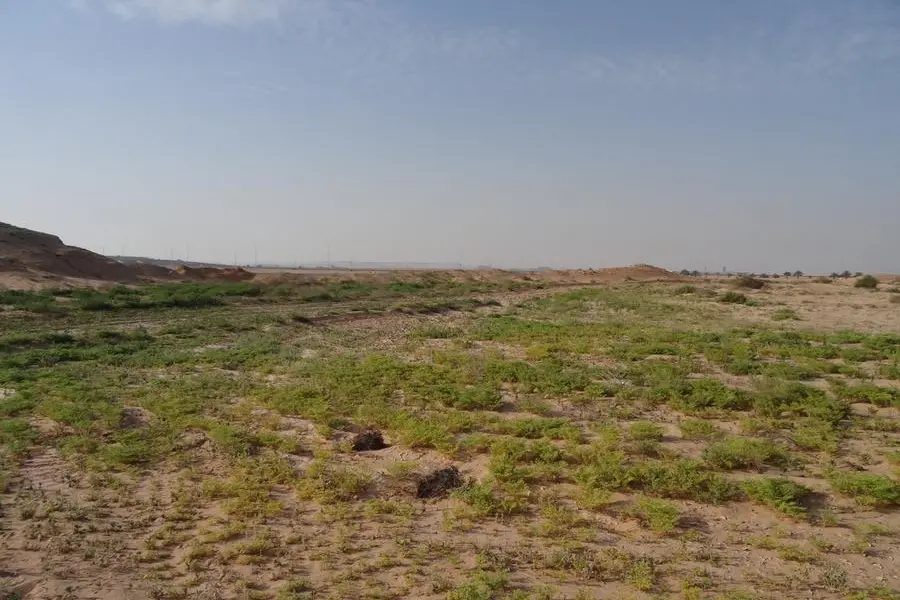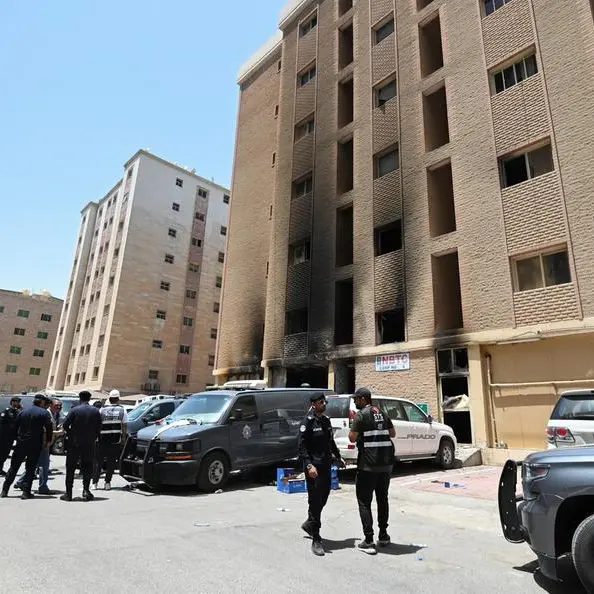PHOTO
Under the directives of H.H. Sheikh Hamdan bin Zayed Al Nahyan, Ruler's Representative in Al Dhafra Region, and Chairman of the Board of Directors of the Environment Agency - Abu Dhabi (EAD), the Agency has released the executive regulations for Law No. (11) of 2020, on the regulation of grazing in Abu Dhabi.
As the entity responsible for overseeing environmental affairs in the Emirate, the EAD is tasked with implementing the law, which seeks to regulate grazing activities and promote sustainable management principles to safeguard protected areas, natural habitats, and critical habitats. By doing so, the law ensures that wild plant species are not overgrazed and that terrestrial biodiversity in the emirate is conserved.
The introduction of the executive regulations enhances the EAD's role in monitoring grazing resources, rehabilitating vegetation cover in grazing areas, and documenting and maintaining traditional grazing practices according to scientific criteria. The implementation of the law also supports the preservation of natural and cultural heritage through the sustainable use of natural resources, including the conservation of natural desert plants and the reduction of soil degradation, as well as promoting food security through the sustainability of plants and livestock.
Moreover, the regulations help preserve the traditional grazing practices in Abu Dhabi and safeguard the relationship between humans and the natural resources of the desert for future generations. The regulations also define the role of EAD in coordinating with concerned authorities to identify Abu Dhabi's grazing areas and seasons, as well as issuing administrative decisions related to the regulation of grazing in the emirate.
The main objective of the regulation is to regulate all grazing-related activities in Abu Dhabi by issuing grazing licences to livestock owners and breeders. This measure ensures the recovery of vegetation cover and promotes sustainable biodiversity, allowing natural regeneration of wild plant resources for future generations.
Livestock owners and breeders in Abu Dhabi may apply for a grazing licence from the EAD by following the procedures and requirements specified by the Agency and paying the prescribed fees. Licence applicants must also provide a copy of their Emirates ID, a valid animal wealth log certificate proving ownership of the livestock from concerned authorities, and identify the person who will accompany and care for the livestock.
To ensure environmental sustainability, the regulation requires those with a grazing licence to adhere to a set of environmental requirements. This includes not introducing exotic plants, animals, or harmful substances into grazing areas, avoiding any uprooting, burning, transporting, cutting, destroying, logging, removing or collecting wild plants, or any other part of it, in grazing areas. Additionally, they must not damage or harm wild plants and animals in grazing areas, or cause any damage to the local environment, and must adhere to permitted grazing seasons. Those with a licence must also take into account the periods of suspended grazing, determined by EAD in coordination with concerned authorities, to ensure the sustainability of grazing areas.
Reducing grazing pressure periodically is an international best practice that allows natural vegetation to recover, and the Agency's enforcement of this decision contributes to protecting the desert environment against overgrazing. Such pressures can lead to the destruction of local plant species, soil erosion and degradation, and ultimately, desertification, which can cause a decline in livestock numbers. To address this, the regulation promotes the recovery and regeneration of terrestrial habitats naturally.
Recently, the Agency conducted a study that evaluated the vegetation cover of 35 locations in Abu Dhabi, Al Ain, and Al Dhafra areas. The study revealed that open grazing areas had a lower vegetation cover compared to protected areas with no grazing. To address this issue, EAD has been conducting research and rehabilitating natural grazing resources, including Ghaf, Acacia (Samr), White saxaul (Ghada), Broom bush (Markh), Salt bush (Rimth), and others.
To further enhance environmental awareness, EAD has been conducting programmes targeting livestock owners in Abu Dhabi, such as participating in festivals and heritage events and holding awareness sessions and presentations. For instance, the Agency held seven awareness sessions at Majalis Abu Dhabi, with 250 local livestock owners attending. Additionally, EAD conducted 25 individual interviews with oral narrators on grazing-related matters, such as rehabilitating natural plant species and achieving the required environmental balance in the use of current grazing resources that aligns with the needs of the local community.
EAD recognises the crucial role played by livestock owners as key strategic partners in supporting the Agency's efforts to implement the grazing law and its executive regulations. The Agency appreciates their cooperation and contribution in achieving the sustainable use of natural resources and preserving the environment and natural heritage for future generations.





















